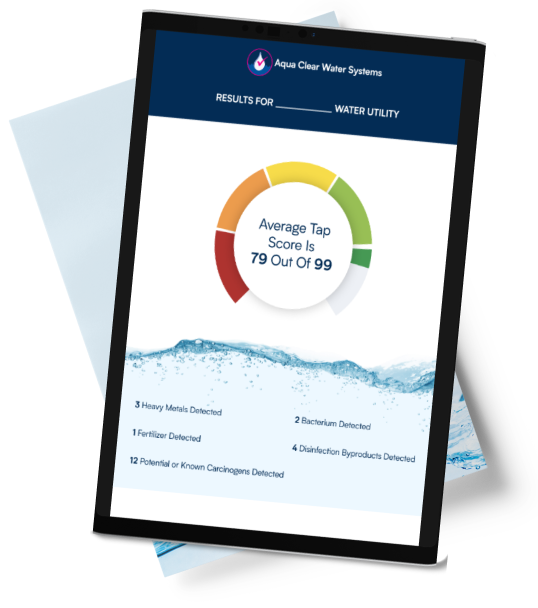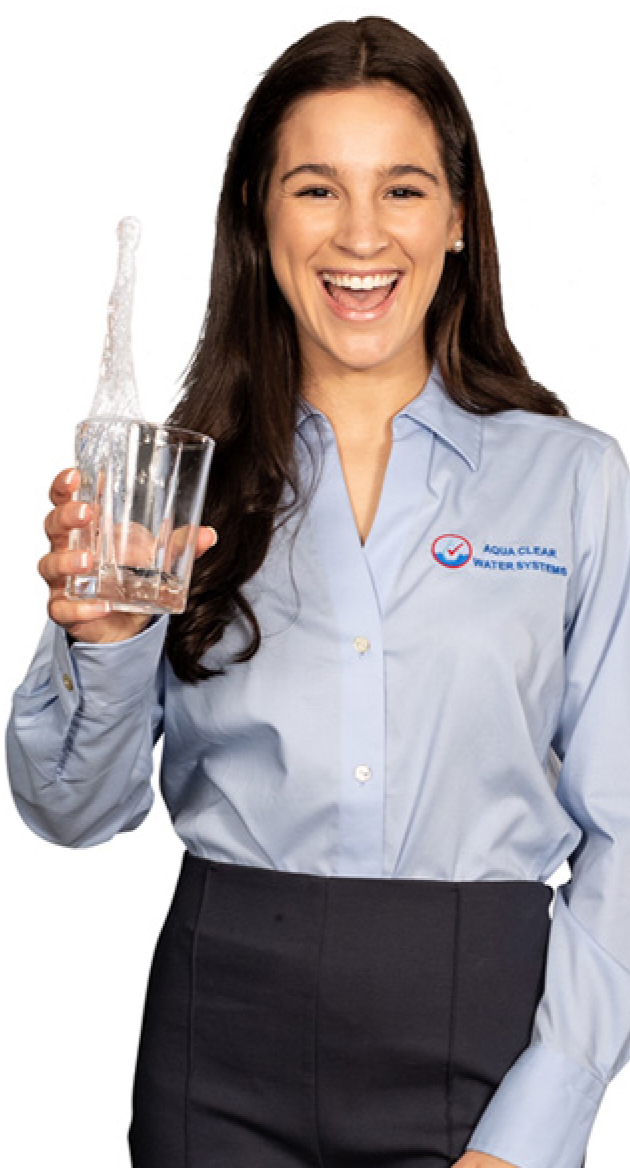When it comes to preventing kidney stones, water is usually seen as the top prevention tool for keeping your kidneys healthy. But, as people increasingly question the content of their drinking water, questions have begun to arise. Things like ‘Does mineral water cause kidney stones?‘ or ‘can hard water cause kidney stones?‘
In this article, we will outline the role of water in kidney stone prevention and consider the truths and myths around whether the type of water you choose really matters.
Understanding Kidney Stones
Kidney stones are solid lumps of minerals waste products which accumulate in the kidneys and must be passed through the process of urination. In severe cases of large kidney stones, surgical intervention may become necessary.
There are various types of kidney stones due to the different minerals which may be present in the body. Calcium stones are the most common, struvite stones are often linked to recurrent urinary tract infections (UTIs) and uric acid stones are due to altered acidity of the urine.
The greatest risk factor for developing kidney stones is persistent dehydration. Those who consistently do not drink enough are at a far greater risk. Consuming a diet high in sodium and oxalates can also raise your risk, as can your genetics and lifestyle choices.
Fluid intake is crucial to preventing kidney stones, with water being the best fluid for the job.
How Drinking Water Prevents Kidney Stones
Consuming sufficient water dilutes urine while it remains in the body, as it increases urinary volume without adding any other compounds. When urine is less concentrated, minerals that may gather and clump into stones under different conditions are unable to do so. Crystallized minerals cannot form and therefore cannot grow into kidney stones.
It is generally recommended to take in around two liters of water per day. This depends greatly on your individual needs, the ambient conditions and your activity levels.
Some medical conditions may require you to drink more or less to remain healthy, hot weather will demand that you drink more to stay on top of hydration, and active people will naturally need more water than those who are sedentary, to replace fluids lost through sweating.
Does Mineral Water Cause Kidney Stones?
Mineral water comes from natural underground reservoirs. As a result of mineral deposits in the rock and sediment around these reservoirs, mineral water contains a higher concentration of dissolved minerals.
Typically, this includes calcium, magnesium and bicarbonates though there are regional differences in the minerals present and the concentrations of each.
Most scientific research finds no evidence to link the consumption of mineral water with the development of kidney stones, even when key minerals such as calcium are present in a high concentration.
Some studies have even suggested that the bicarbonates present in some mineral waters are beneficial in the prevention of kidney stones due to the effect they can have on the acidity of urine.
The exception to the benefits of mineral water is that those who carry an existing high risk for calcium-based stones may need individualized advice from a physician regarding their total calcium intake in relation to their risk of developing kidney stones.
Can Hard Water Cause Kidney Stones?
‘Hard’ water has a higher-than-average concentration of minerals such as magnesium or calcium. There are regional variations in the hardness of water and the presence of specific minerals, though much of the United States’ municipal and well-supplied water falls in the ‘hard’ category.
It follows that people are concerned that calcium in their drinking water could contribute to the formation of calcium-based stone, but science is not so simple.
Research comparing the incidence of kidney stones between hard and soft water regions usually finds no significant different in the risk of developing kidney stones.
Most calcium intake doesn’t come from water at all, but rather from the diet. Dairy products and leafy greens are rich in calcium – though this mineral isn’t always the enemy where kidney stones are concerned!
Dietary calcium can bind with oxalates in the gut, meaning that compounds which could form kidney stones never even reach the kidneys.
A small number of studies find there is a small increase in risk with very hard water combined with a reduced intake of fluids. However, this highlights the importance of hydration rather than placing the blame on the water itself.
Disliking tap water due to its odor or taste is a valid problem, one which may discourage regular consumption which can lead to an increased risk of kidney stones. This makes home water filtration an attractive possibility to many, and this is an area where we at AquaClear Water Systems would be happy to help!
Mineral Water vs Tap Water vs Filtered Water
Mineral water is rich in minerals, and while some may be concerned by this, it is not always a bad thing. As mentioned earlier in the article, bicarbonates which are often present in mineral water may actually help to reduce the risk of developing kidney stones.
The primary issue with mineral water is that it can be prohibitively expensive to keep buying bottled water if it is your only source of hydration.
Tap water is federally regulated to ensure its safety. However, the taste and odor (often as a result of federal efforts to maintain water cleanliness) can be off-putting for many.
Filtered water reduces the mineral content of tap water as well as removing a variety of contaminants which may be present in US tap water. Filtration can make water more appealing in hard water areas, encouraging better hydration which we know is beneficial for health.
The bottom line is all water is a healthy choice and can help to reduce your risk of developing kidney stones.
Conclusion – Water Type Matters Less Than Water Intake
In this article, we have considered the types of water available and tackled some of the myths surrounding their links to kidney stones. In short:
- Mineral water does not cause kidney stones.
- Scientific evidence does not support hard water causing kidney stones either, in most cases.
The quantity and the consistency of your water intake are much more important than the type of water you choose, in preventing kidney stones. Drinking water and maintaining a good level of hydration are the most effective prevention tools in your arsenal and many people find they prefer the taste of filtered water.
As always where health is concerned, individualized support and advice should be sought from your physician if you have any questions or concerns about your risk of developing kidney stones and what steps you should take to reduce this risk.
If water filtration is something you are considering, to help you stay more hydrated, then contact AquaClear Water Services. We are a leading provider of home water filtration systems, and we will be happy to help you in choosing a system that works for you, your budget and your property.






